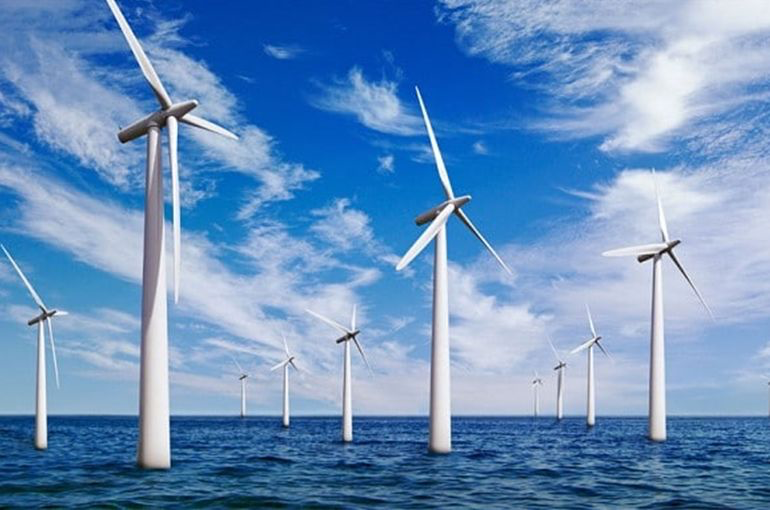KEY POINTS
Offshore wind can contribute up to 25% of South Africa’s energy by 2050.
Strategic decisions are needed for higher job creation and investment.
Regulatory and environmental challenges must be addressed quickly.
Offshore wind projects are typically more expensive than onshore wind farms and face challenges such as regulatory hurdles, long lead times, and potential environmental impacts. However, they offer significant benefits, including local job creation, manufacturing opportunities, and port infrastructure development—potential advantages for South Africa.
Offshore wind projects could boost local jobs and infrastructure
At last week’s Windaba, Chris Lloyd, Offshore Wind Advisor at the World Bank, shared preliminary findings indicating that South Africa has an “excellent opportunity to deploy offshore wind at scale.” Once the study is released, a stakeholder engagement period will begin to discuss the next steps.
The study suggests that offshore wind could provide 15% to 25% of South Africa’s energy mix by 2035 to 2050. A geographic analysis identified the potential for 95 GW of offshore wind projects. In a low-growth scenario, 5 GW could be added by 2050, but this would result in high energy costs and minimal job creation. A medium-growth scenario could produce up to 15 GW, while a high-growth plan, particularly linked to a green hydrogen economy, could yield up to 40 GW by 2050.
Lloyd emphasized that a high-capacity approach would create more jobs, reduce costs, and increase investment.
Regulations and planning are crucial for offshore wind development
To have offshore wind operational by 2035, work needs to start immediately, as projects can take a decade to develop. Andretta Tsebe, PetroSA’s General Manager for gas-to-power and green energy, noted that South Africa lacks specific regulations for offshore wind, which will require cross-departmental collaboration. Many potential sites will need floating platforms, requiring further studies on environmental impacts.
According to a report by ESI Africa, Benjamin King of Hexicon highlighted the challenge of long lead times for environmental assessments. Still, once the roadmap is finalized, stakeholder workshops will help shape South Africa’s offshore wind regulatory framework.
Lloyd concluded that this is an opportunity for South Africa to design policies that could accelerate offshore wind development.



